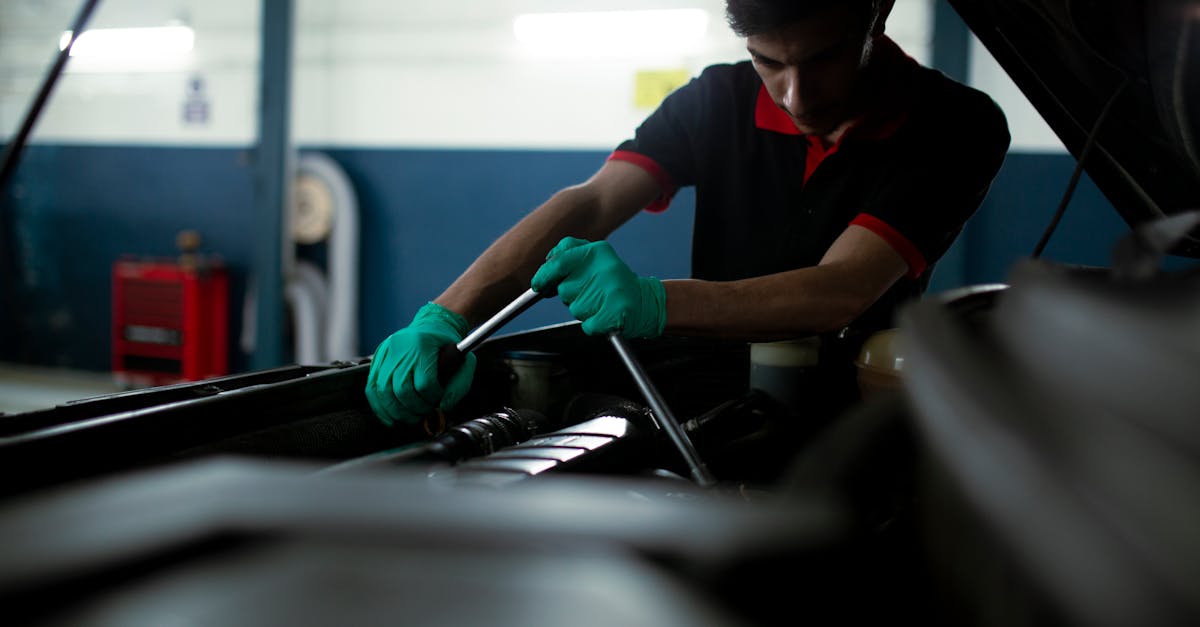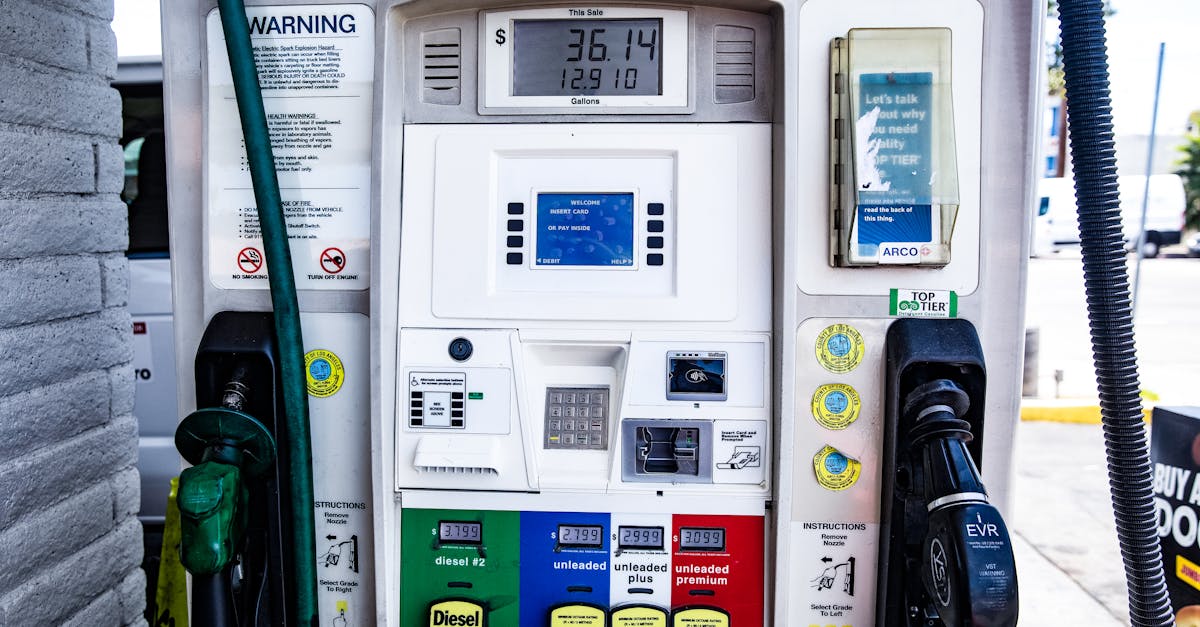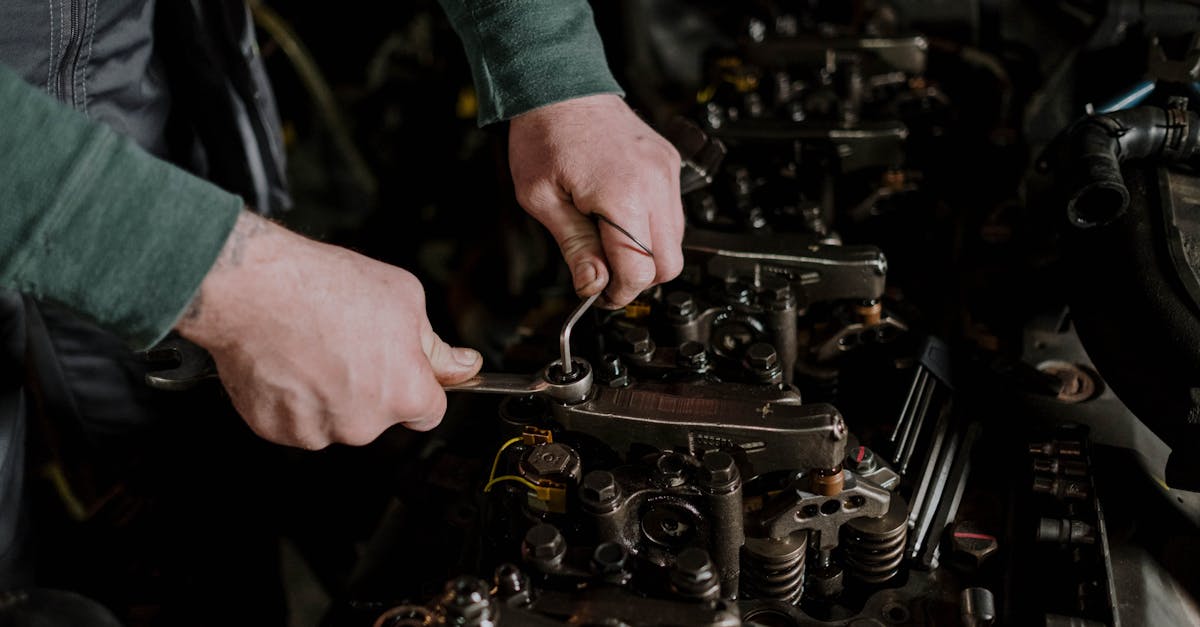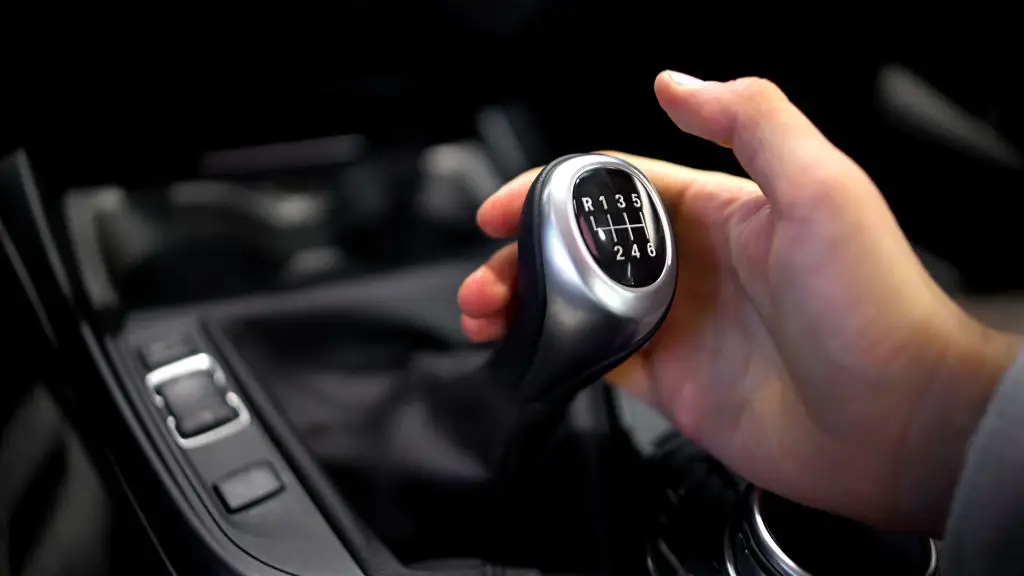The 8 Most Important Winter Car Repairs to Prevent an Expensive Breakdown
As winter approaches, the cold weather brings with it a unique set of challenges for vehicle owners. The drop in temperature can exacerbate existing issues and introduce new ones, leading to potential breakdowns that are as inconvenient as they are costly. Preparing your car for winter isn't just about convenience; it's about safety and efficiency. This article explores the eight most critical winter car repairs that can prevent expensive breakdowns. By addressing these key areas, drivers can ensure their vehicles remain reliable throughout the harshest months of the year. Each section will delve into a specific repair or maintenance task, providing insights into why it matters and how to effectively implement it.
Battery Health: Powering Through Cold Starts

Winter can be particularly harsh on car batteries, significantly reducing their efficiency. Cold temperatures slow down the chemical reactions necessary for battery function, making it harder for your car to start. A battery that is already weak will struggle even more, potentially leaving you stranded. To prevent this, have your battery tested before winter sets in. If it's more than three years old, consider replacing it. Additionally, ensure that the battery terminals are clean and free of corrosion, which can further impede performance. Investing in a battery warmer can also be beneficial in extremely cold climates, ensuring that your car starts smoothly every time.
Tire Care: Ensuring Traction and Safety
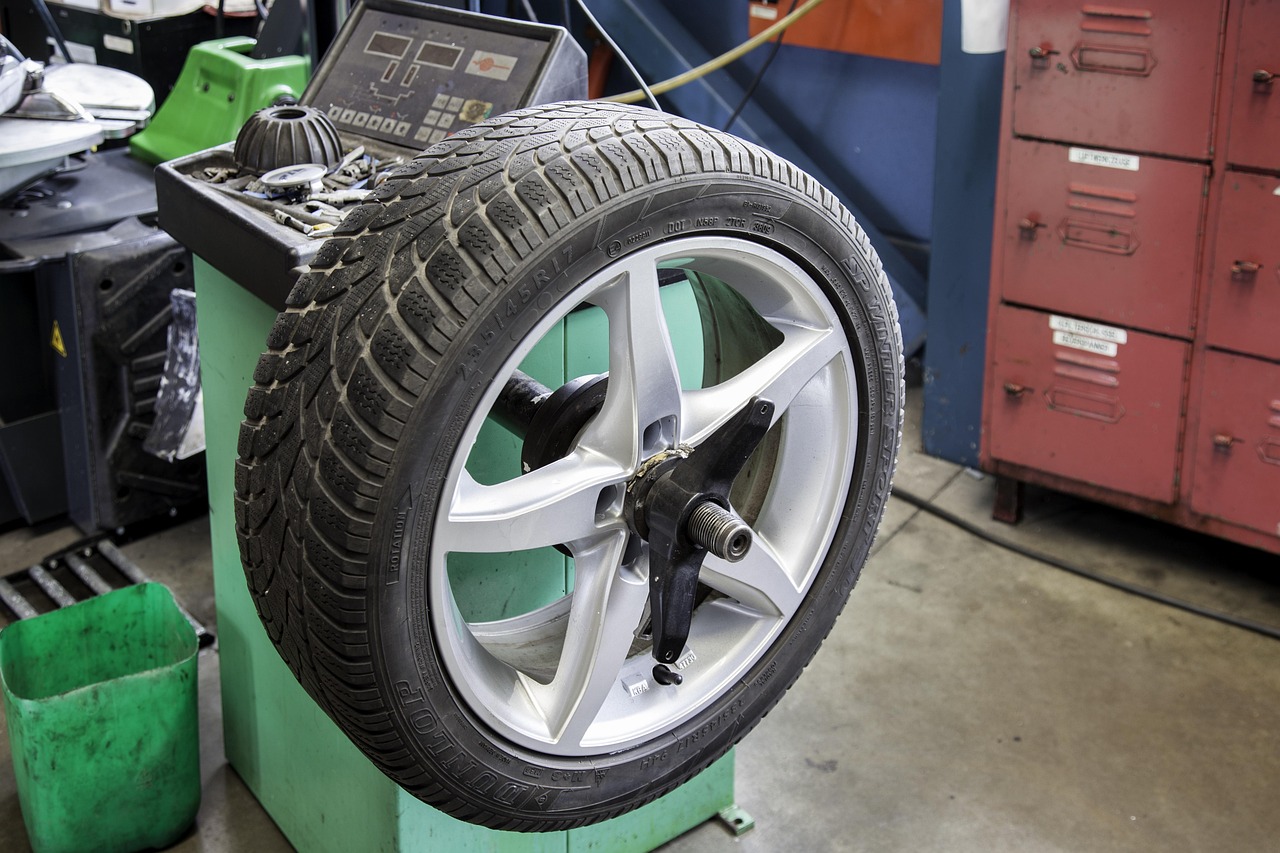
Tires are your car's only contact with the road, making their condition crucial for safe winter driving. Cold weather causes tire pressure to drop, which can lead to uneven wear and reduced traction. Regularly check and adjust your tire pressure to the manufacturer's recommended levels. Consider switching to winter tires, which are designed to provide better grip in snow and ice. Their specialized rubber compounds and tread patterns enhance traction and handling in cold conditions. Don't forget to inspect the tire tread depth; insufficient tread can significantly increase the risk of accidents on slippery roads.
Antifreeze and Coolant: Keeping the Engine from Freezing
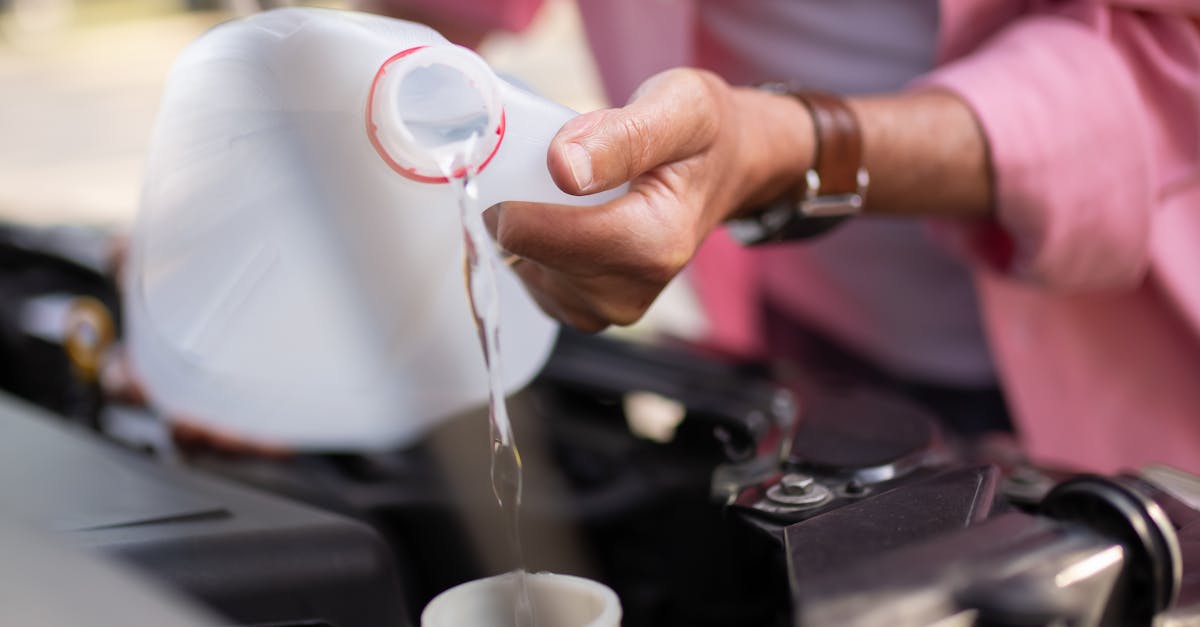
Antifreeze, or coolant, is essential for regulating your engine's temperature, especially in winter. It prevents the engine from freezing and cracking in cold weather and from overheating in warmer conditions. Check the antifreeze levels and its mixture ratio; a 50/50 mix of antifreeze and water is typically recommended for most climates. Additionally, inspect the coolant system for leaks, as even a small leak can lead to significant engine damage. Flushing and replacing the coolant every two years can prevent corrosion and buildup, ensuring your engine remains in peak condition.
Oil Changes: Maintaining Engine Efficiency
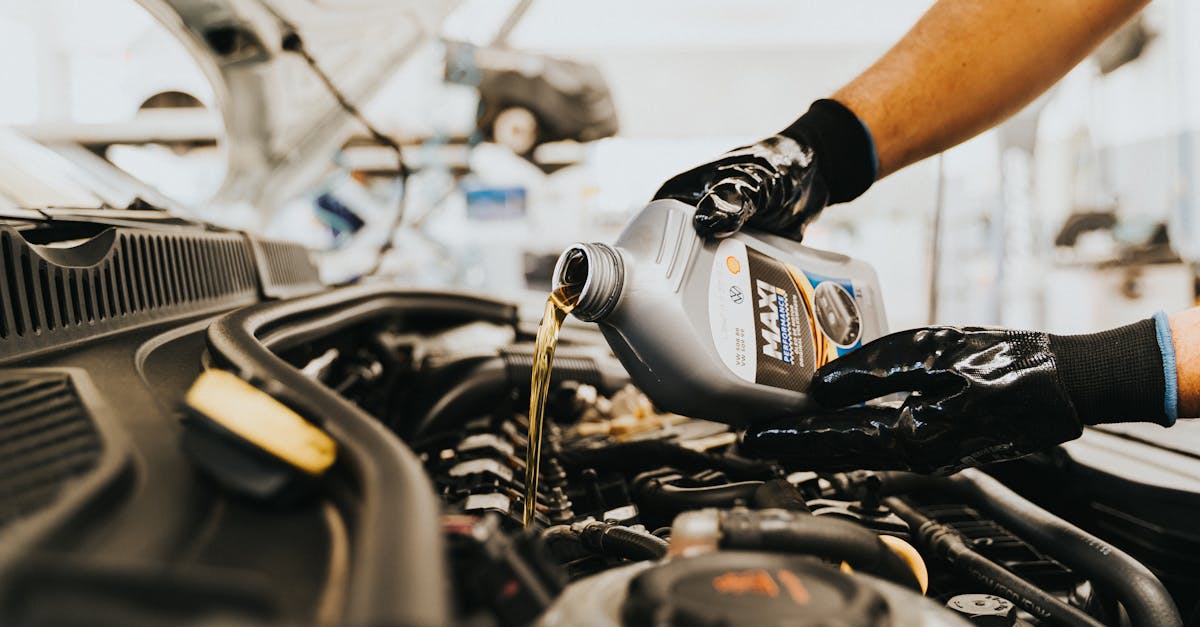
Oil is the lifeblood of your engine, and its viscosity can be affected by cold temperatures. In winter, oil thickens, making it harder for the engine to turn over. Switching to a winter-grade oil with a lower viscosity can help maintain proper lubrication. Regular oil changes are crucial, as dirty oil can lead to increased engine wear and reduced efficiency. Consult your vehicle's manual or a trusted mechanic to determine the best oil for winter conditions. Keeping up with oil changes not only ensures smooth engine performance but also extends the life of your vehicle.
Brake System: Ensuring Reliable Stopping Power
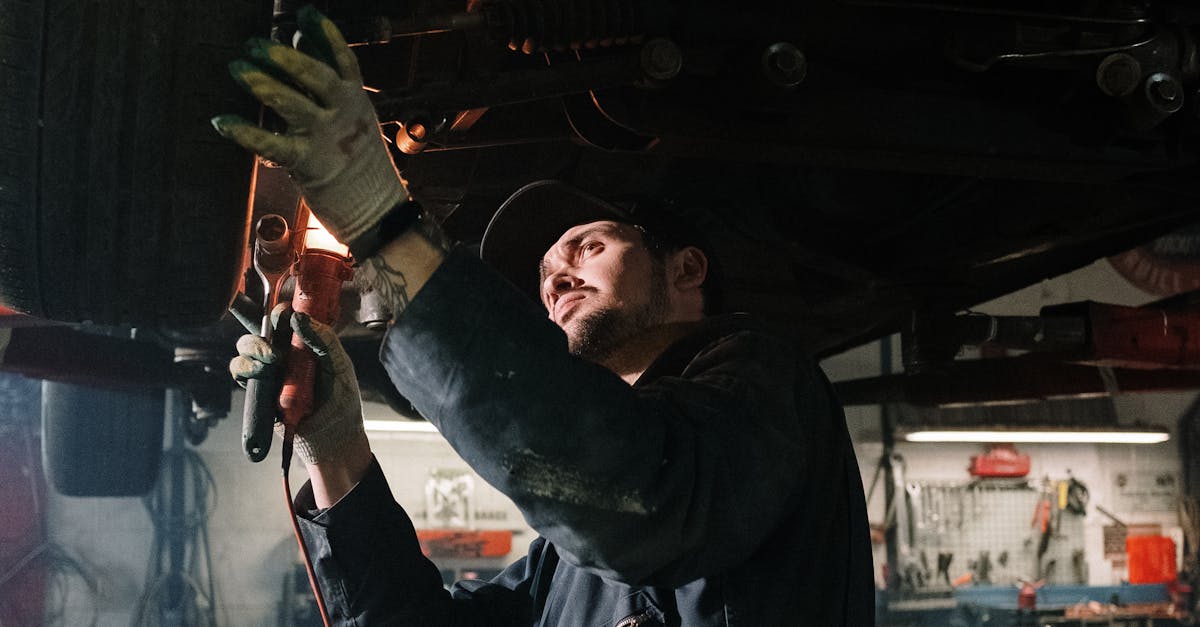
The brake system is vital for safe driving, and winter conditions can put it to the test. Cold weather can cause brake fluid to thicken, reducing its effectiveness. Have your brake fluid checked and replaced if necessary. Inspect the brake pads and rotors for wear; worn-out components can compromise stopping power, especially on icy roads. Listen for unusual noises when braking, as these can indicate underlying issues. Ensuring your brakes are in top condition is not just about preventing costly repairs but also about ensuring your safety and that of others on the road.
Windshield Wipers and Washer Fluid: Clear Vision Ahead
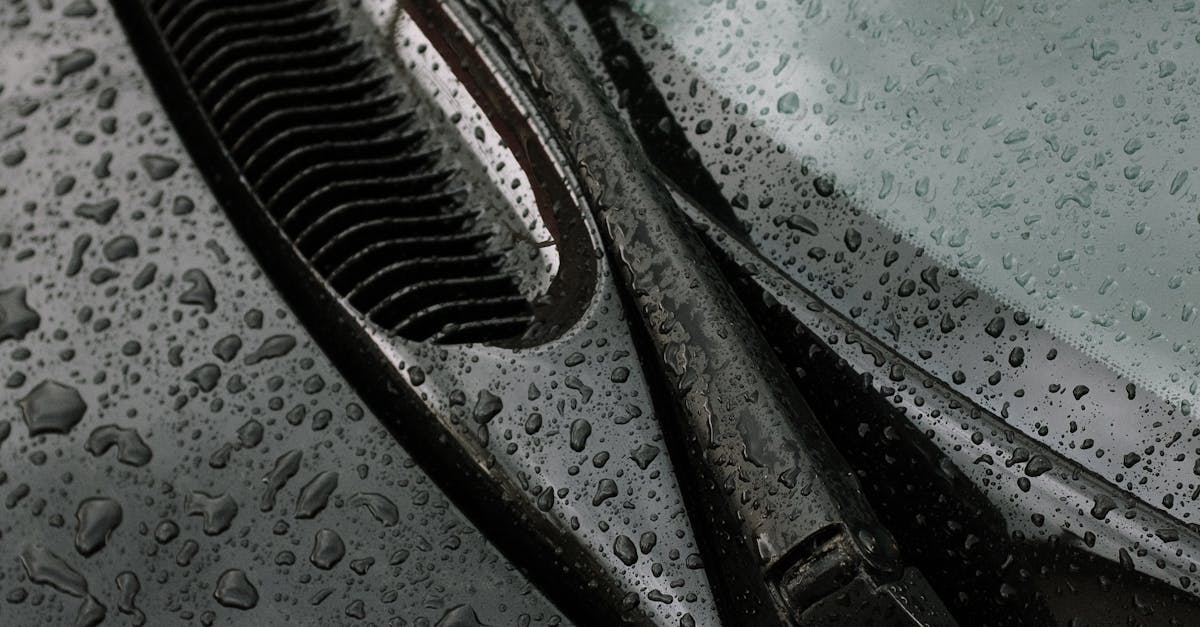
Visibility is crucial in winter, where snow, ice, and road salt can quickly obscure your view. Ensure your windshield wipers are in good condition; old or worn wipers can leave streaks that impair visibility. Consider winter wiper blades, which are designed to handle ice and snow better. Refill your washer fluid reservoir with a winter formula that won't freeze in low temperatures. This will help keep your windshield clear during snowstorms and icy conditions. Regularly check that your defroster and heater are working properly, as they are essential for maintaining visibility and comfort inside the vehicle.
Heating and Defrosting Systems: Comfort and Safety
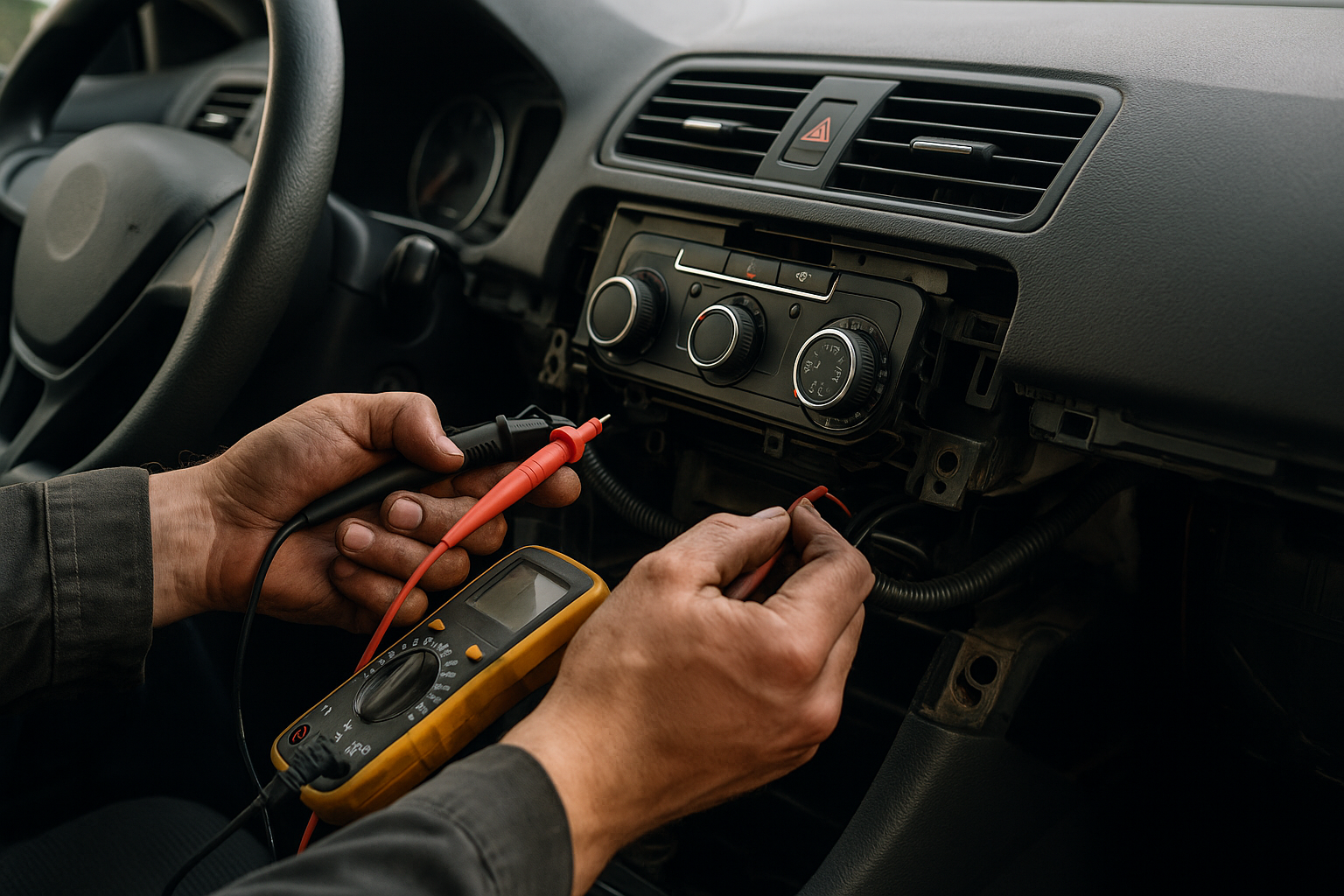
A functioning heating system is not just about comfort; it's also a safety feature. A well-heated car helps keep windows clear of frost and fog, ensuring good visibility. Check your vehicle's heater and defroster before winter sets in. If the airflow is weak or the air isn't warm, there may be an issue with the heater core or blower motor. Address any problems promptly to avoid discomfort and potential safety hazards. Regular maintenance of these systems ensures that you and your passengers remain warm and safe, no matter how cold it gets outside.
Exhaust System: Preventing Dangerous Fumes
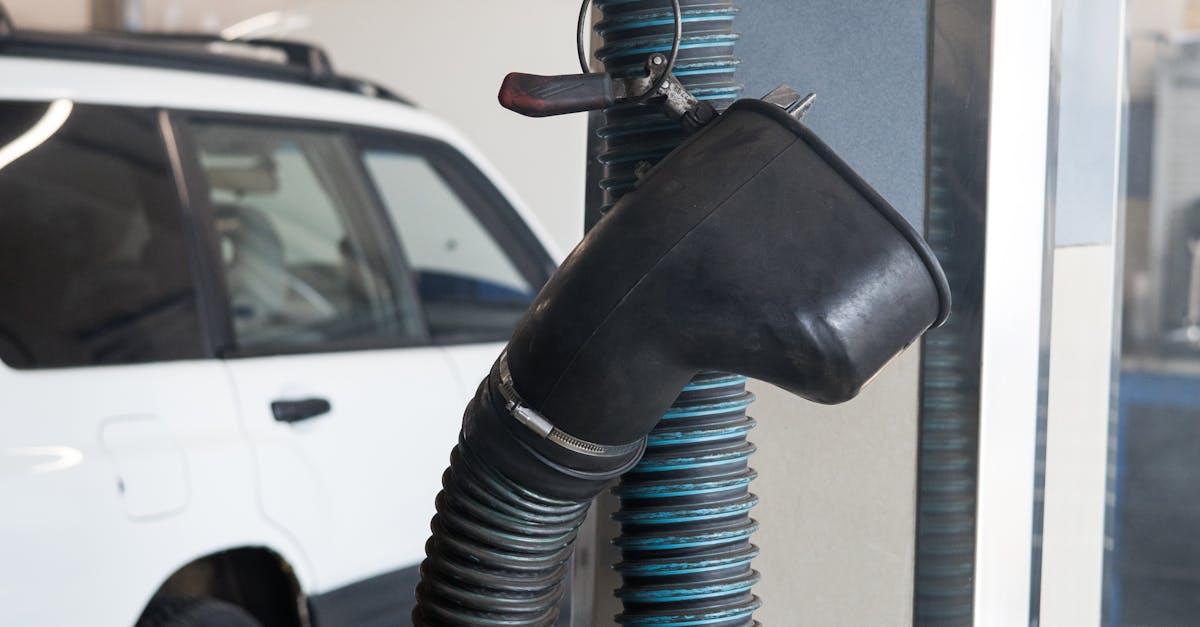
The exhaust system is often overlooked, yet it's crucial for both safety and vehicle efficiency. Winter conditions can cause moisture to accumulate in the exhaust, leading to rust and potential leaks. A compromised exhaust system can allow carbon monoxide to enter the cabin, posing serious health risks. Have your exhaust system inspected for leaks and damage, especially before winter. Address any issues immediately to prevent harmful fumes from affecting you and your passengers. A well-maintained exhaust system not only protects your health but also ensures your vehicle runs more efficiently, reducing fuel consumption.
A Winter-Ready Vehicle for Peace of Mind

Preparing your car for winter is an investment in safety, efficiency, and peace of mind. By addressing these critical areas—battery, tires, antifreeze, oil, brakes, wipers, heating, and exhaust—you can prevent costly breakdowns and ensure your vehicle remains reliable throughout the season. Regular maintenance and timely repairs can save you from unexpected expenses and provide the confidence to face winter's challenges head-on. With a winter-ready vehicle, you can enjoy the season's beauty without worry, knowing that you've taken the necessary steps to protect your car and those who travel with you.

